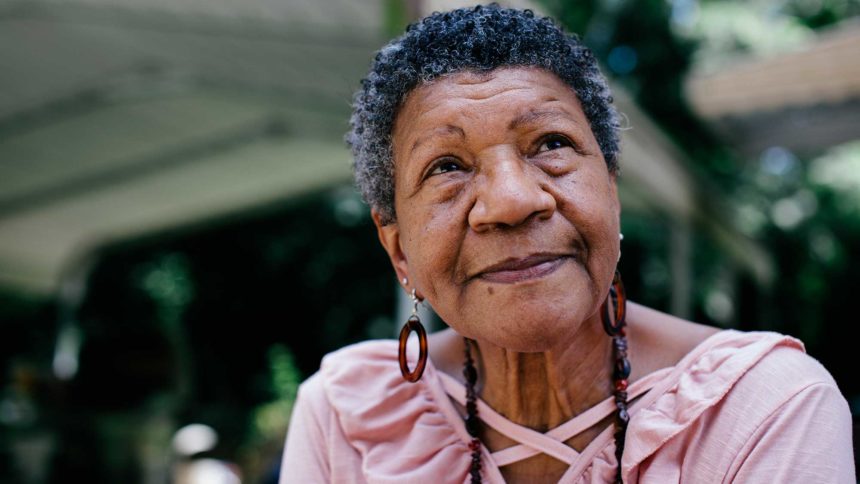
Older people living in North America are the happiest in the world, as peers in other regions battle depression and loneliness, according to a new study.
A report published July 20 in the Journal of Aging and Health found that older Americans in Europe and North America reported being generally happier than those in Asia. A team of researchers evaluated 2018 data from nine countries and regions in the Health and Retirement Study, which includes 93,663 people. The investigators compared depression, loneliness and happiness among people in the study.
“The unique contribution of this research is that we incorporate self-reports of well-being from a diverse sample of countries and regions,” Shane Burns, a postdoctoral fellow at the Population Studies Center at U-M’s Institute for Social Research and lead author, said in a statement. “We expected to find that the ‘oldest old’ generally report higher rates of depression and loneliness, but also greater rates of happiness, than their younger, aging peers.”
Previous studies have had various results comparing depression and loneliness in older adults compared to younger adults. In the United States, the rate of older adults with depression usually goes up with age.
Researchers put the participants into three groups: young old (65–74), the old-old (75–84) and the oldest old (85 and up). The team also looked at economic, social and health indicators to understand differences in what people report about their happiness, loneliness and depression.
Those 85 and up had higher depression and loneliness in Southern Europe, but were less happy in Korea and more depressed in India. There was less depression and greater happiness in people over the age of 85 and up compared to those in the 65–74 bracket.
“The oldest old’s lower rates of depression in the US were interesting because it counters what we found in the other countries and regions in our sample,” Burns said.
The data doesn’t show individual changes in well-being over time.
“This doesn’t mean that aging populations in the US should expect a bump in well-being in future years,” Burns said.
Education, marital status and physical functionality were protective factors for depression and loneliness in the US in those over 85.




